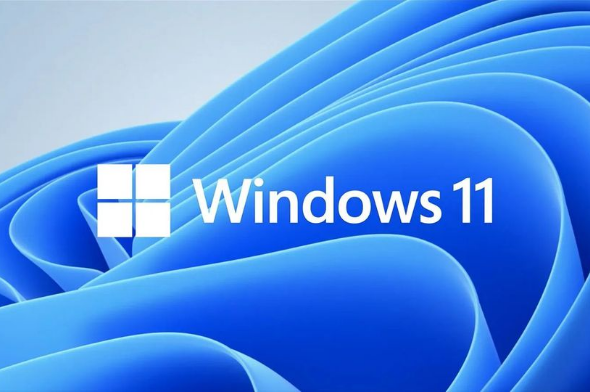Connection to DriversCloud Create a DriversCloud.com account Reset your DriversCloud.com password Account migration
Migration to Windows 11 particularly complex for businesses
With just over three years to go before the deadline set by Microsoft for the switch to Windows 11, the migration to the new OS is anything but smooth.
Officially available since October 5th after being unveiled on June 24th 2021, Windows 11 is slowly heading towards its first anniversary. Of course, by then things have time to change, but it's a safe bet that this first anniversary won't be the occasion to celebrate a massive adoption of Microsoft's new operating system. If individuals seem to be gradually migrating to Windows 11, the business world is clearly much more resistant.
While businesses are Microsoft's core target, the place where the American company can make the biggest margins, it is not convincing and there are several reasons for this. According to a study published by Nexthink, a firm specialized in IT consulting for businesses, the first reason for this "blockage" is simply logistical or material. Indeed, it emerges that in companies, only 40% of the computer park is now able to evolve to Windows 11, the study says " without generating costs or loss of time to the administration teams of each company " as explained by Clubic.
In other words, on 60% of the machines present in companies, it is not possible to quickly deploy the new version of the operating system. Nexthink distinguishes between two groups of "unfit" machines: 25% of the fleet is " almost ready ", so with relatively modest costs, but 35% of the fleet would not be able to carry out this migration at all without significant human and financial resources being implemented to carry out this migration. Nexthink states that the industries most likely to move to Windows 11 are consumer goods companies.
Conversely, the world of energy or public services are the most " behind ". The software and hardware of these companies are largely obsolete and involve the largest expenses to consider a migration to Windows 11. On a slightly different note, the study highlights that the pharmaceutical and healthcare sectors are also facing significant migration difficulties: this time due to more specific software that may not be compatible with the new operating system.
However, the very idea of moving to Windows 11 can be a hindrance. Indeed, Nexthink states that about 15% of upgrades to Windows 11 end in failure. The problem is that once the decision to migrate is made, it is difficult to back out: the companies concerned therefore find themselves having to invest more than expected to finalize this migration. A migration which, as we said in the preamble, should soon become an obligation. Microsoft has confirmed several times that support for Windows 10 will end on October 24, 2025. At this date, it will be better to have switched to Windows 11... or to Linux!





